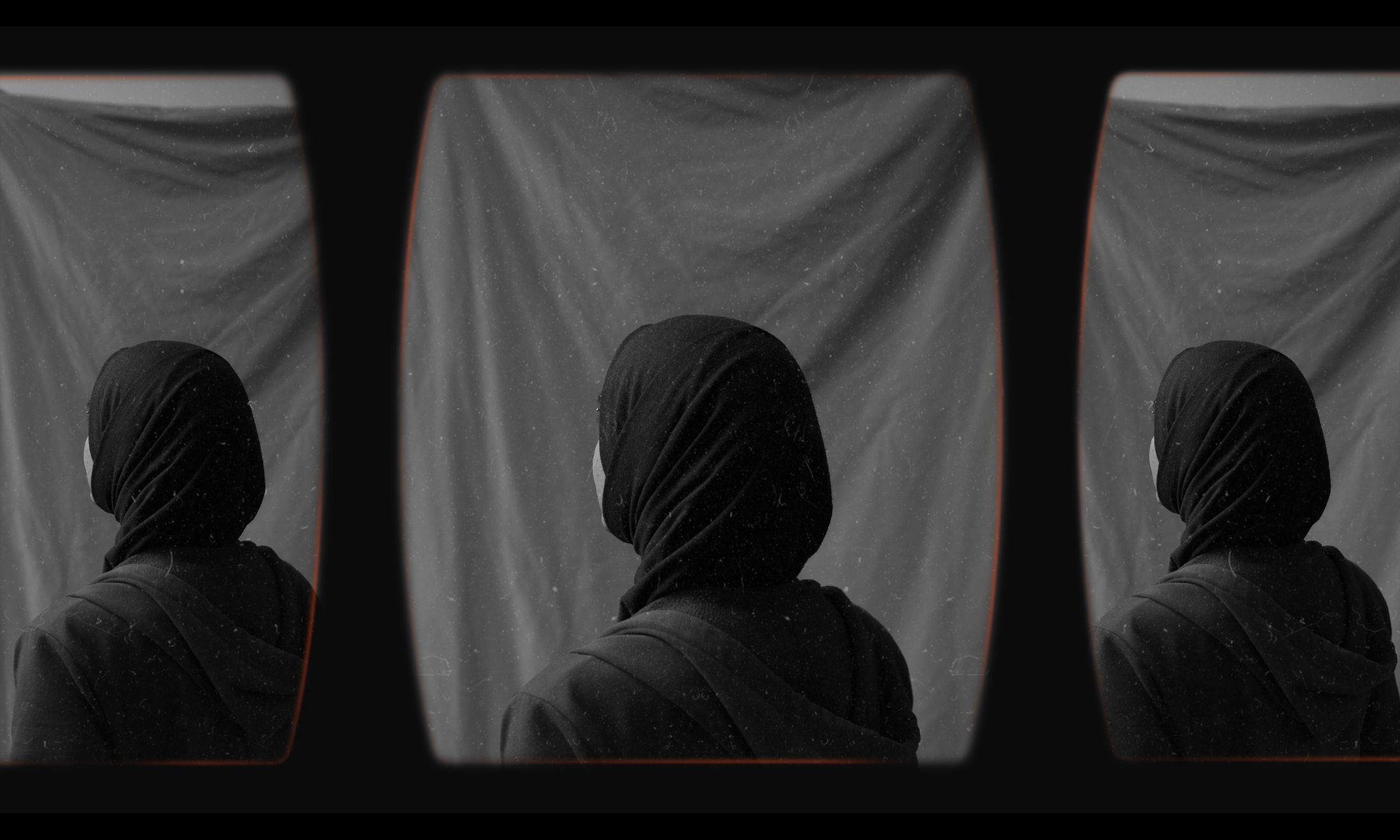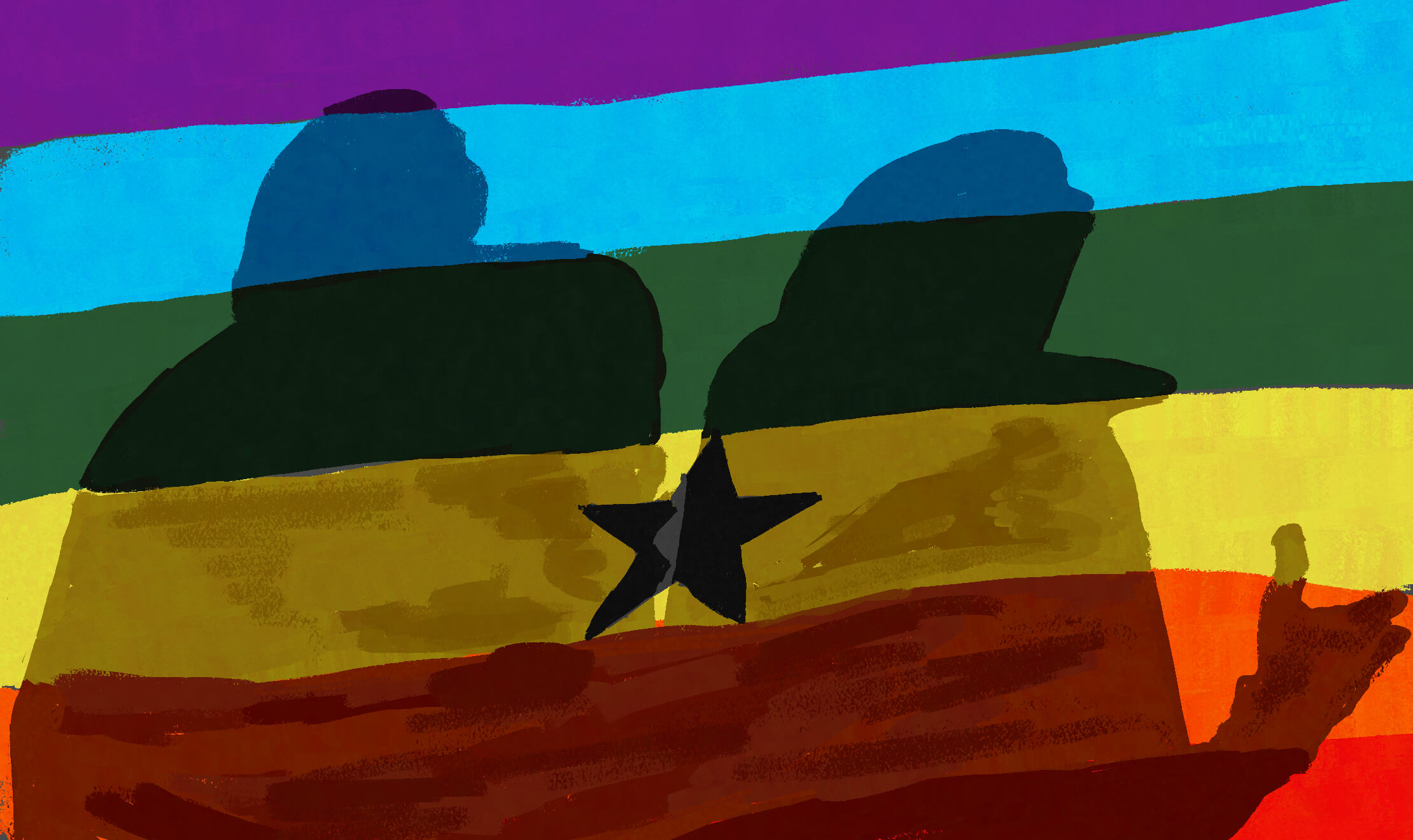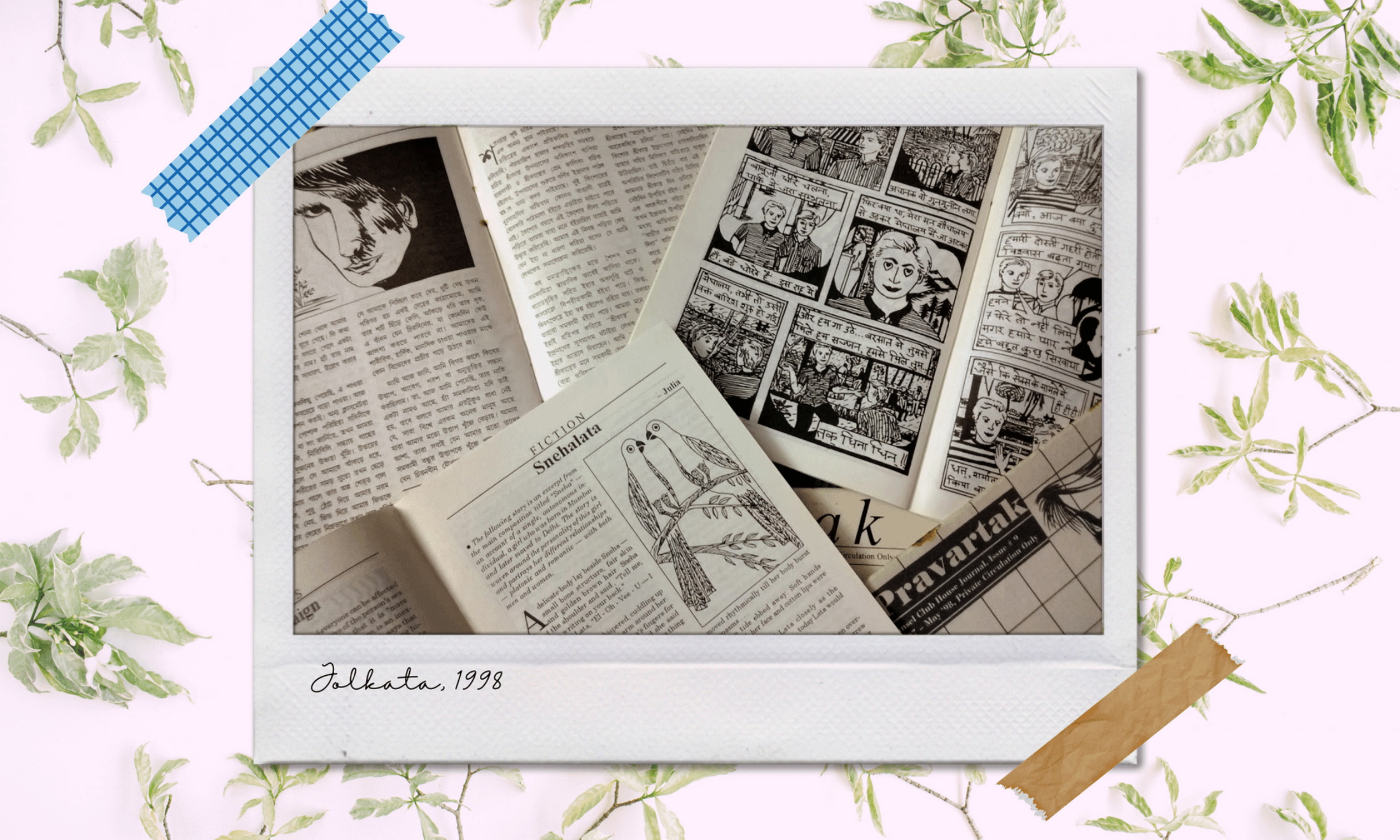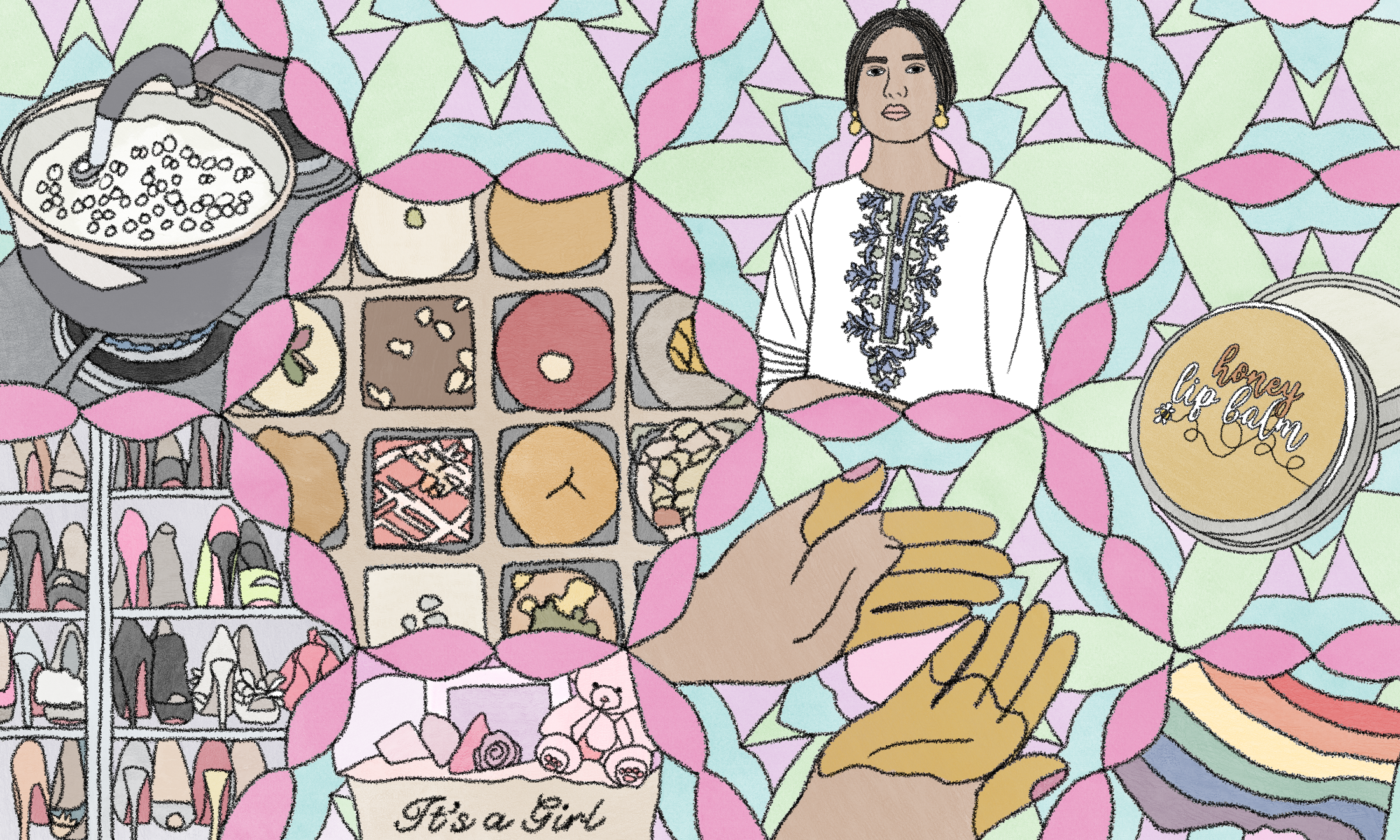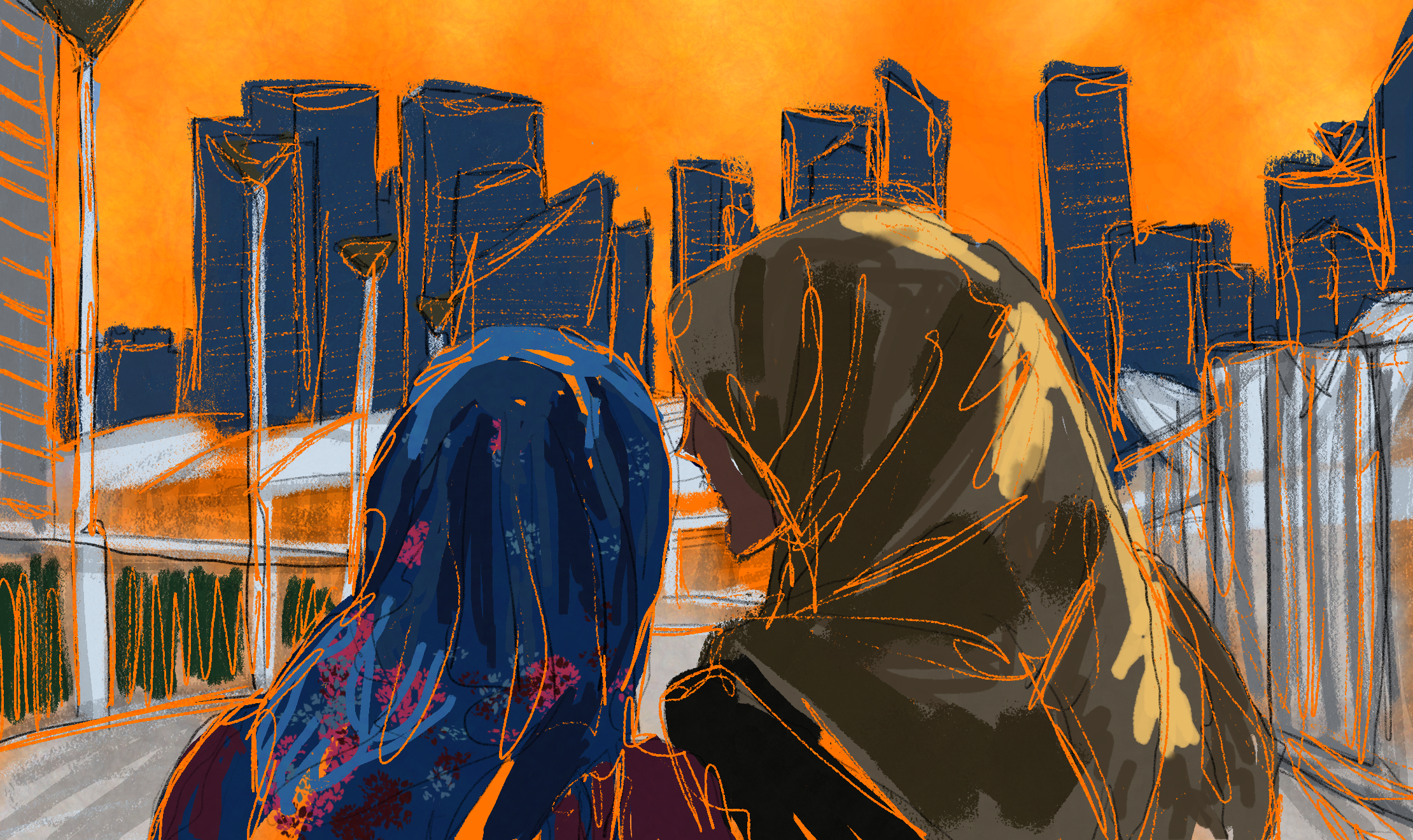
Diyora Shadijanova
How the ripples of colonial homophobia are still reaching queer Muslims in Singapore
Queer Singaporeans are still having to abide by the colonial Penal Code imported by the British empire in the 19th century.
Ryaihanny Sahrom and Editors
26 Feb 2021
What does Singapore make you think of? Does it remind you of the city depicted in Crazy Rich Asians – all endless gleaming skyscrapers and infinity pools? Or do you picture the urban green wonderland that has made Singapore Asia’s most environmentally friendly city? The city-state is known for being modern and cosmopolitan, but for queer people like me it can be an unsafe place to live in, as our constitution doesn’t guarantee equal legal protection for the LBGTQI+ community. The anti-gay colonial penal code, imported by the British empire when it colonised large swathes of Southeast Asia in the 19th century, still exists in the present day.
I knew I was queer in my early teenage years, and it’s been a secret I’ve largely kept for more than a decade. In fact, I’ve never actually come out to anyone, apart from a few non-Muslim queer friends I met when I moved to London for university, because I feared bodily harm and stigma.
While I was studying in London, I was outed by someone I trusted in Singapore. They saw social media posts I made during Pride month and then the news spread like wildfire back at home. The next thing I knew, I was barred from attending my local mosque and ostracised by people I considered family. I remembered going through an intense ADHD spiral, and it was all made worse by knowing I didn’t have a support network.
It was the most isolating and traumatising experience I went through since losing my family. It wasn’t the way I wanted to disclose it, but I’ve come to accept and live with the fact that it’s out in the open now, and it happened the way it is – I can’t possibly put that pain into words.
Singapore is known to be a secular but there’s a religious presence nonetheless. Faiths followed in the country range from Christianity to Taoism, although the largest denomination is Buddhism. Growing up in a predominantly conservative Singaporean-Malay Muslim community, I was taught that a Malay woman’s self-worth is closely linked to her sexuality, and that she needs to safeguard it before and after marriage.
“The city-state is known for being modern and cosmopolitan, but for queer people like me it can be an unsafe place to live in”
Muslim marriages are administered in Syariah Court, governed by the Muslim law – where same-sex marriages aren’t permitted. Even with marriages under civil law, same-sex nuptials aren’t allowed either. And, whether or not queer people buy into the institution of marriage (I don’t particularly), making same-gender partnerships legal is undoubtedly an important step towards equality; there’s a lot the community loses out on when denied the right to marry their chosen partner.
The Singaporean government often refers to Section 377A of the penal code to legitimise enforcing regulations and varying degrees of discrimination towards queer people. When the homophobic constitution was challenged in 2014 on the basis that it doesn’t afford LGBTQ+ people the same protection on the grounds of sexual identity, the Court of Appeal rejected it.
The High Court even went as far as justifying their continued retention of the penal code, citing that it safeguards “public morality by showing societal moral disapproval of male homosexual acts”. This simply fortifies the fact that homophobic, discriminatory laws, originally imported from Britain, are legitimate within the context of our criminal justice system. Even our prime minister stated that: “the family is the basic building block of this society. And by family in Singapore, we mean one man, one woman, marrying,” in a 2007 parliamentary speech.
“Queer couples aren’t recognised as family members in the eyes of the law, which affect rights of inheritance, healthcare, housing, adoption proceedings, tax benefits, amongst many others”
Queer couples aren’t recognised as family members in the eyes of the law, which affect rights of inheritance, healthcare, housing, adoption proceedings, tax benefits, amongst many others. It’s impossible for queer people to secure housing before the age of 35, regardless of your income. And just recently, three activists were arrested for peacefully demonstrating against transphobia within the Ministry of Education.
With the institutionalised and systemic discrimination strongly in place within the Singaporean legal system, and by extension the Singaporean mindset, other forms of discrimination towards the LGBTQI+ community are easily legitimised. I’ve painfully taken in the looks of disgust, the sideway glances that pierce my body, the times where someone threw a piece of rubbish directed at me shouting ‘sundal’ (meaning a “whore, evil-mannered woman” in Malay) when I held hands with a woman in public.
Any form of prejudice and discrimination against individuals regardless of their background violate a socio-religious sensibility in Islam. The reality is that if queerphobic attitudes were nowhere to be found within Muslim communities, queer Muslims wouldn’t also be burnt out, risking their safety, ostracisation, and even dying by suicide. We wouldn’t have to be creating third spaces out of necessity just so we could go to the masjid to practice our faith in peace. There is a need to radically shift the way we engage with discussions surrounding sexuality in Islam, so we can dismantle misunderstanding, creating spaces of increased empathy and collectivising care. The same goes for Islamophobia within LGBTQI+ communities – if non-Muslim LGBTQI+ people spoke out against Islamophobia more frequently, I wouldn’t have felt so disempowered.
“It took me a lifetime to get to a place of control, to truly believe that living my truth as a queer Singaporean Muslim isn’t a crime”
As such, not only do queer Muslims in Singapore have to fight the rising Islamophobia within the wider Singaporean society, we also have to defend ourselves from homophobia within Muslim communities – while being subjected to both claiming our intersection is a paradox.
Right now, non-profit movements such as Pink Dot SG and Oogachaga are actively fighting for a more inclusive society working to uphold human rights for LGBTQI+ people in Singapore and advocate for equality. Pink Dot SG has been organising annual rallies in support of LGBTQI+ rights under rigid public assembly laws since 2009 at Hong Lim Park, the only place in Singapore where a Singaporean resident could conduct peaceful public demonstrations. With such progressive movements in place, more Singaporeans are increasingly aware of the fight for LGBTQI+ rights, which can only be a good thing.
It took me a lifetime to get to a place of self-acceptance, to truly believe that living my truth as a queer Singaporean Muslim isn’t a crime. I owe myself an apology for all the self-hatred and blame, and the times I put aside the urgency of my marginalisation in an attempt to appease an ‘acceptable’ code of conduct. More importantly, the fight for LGBTQI+ rights serves as a reassurance to myself and others alike that we’re not alone in our battle.

